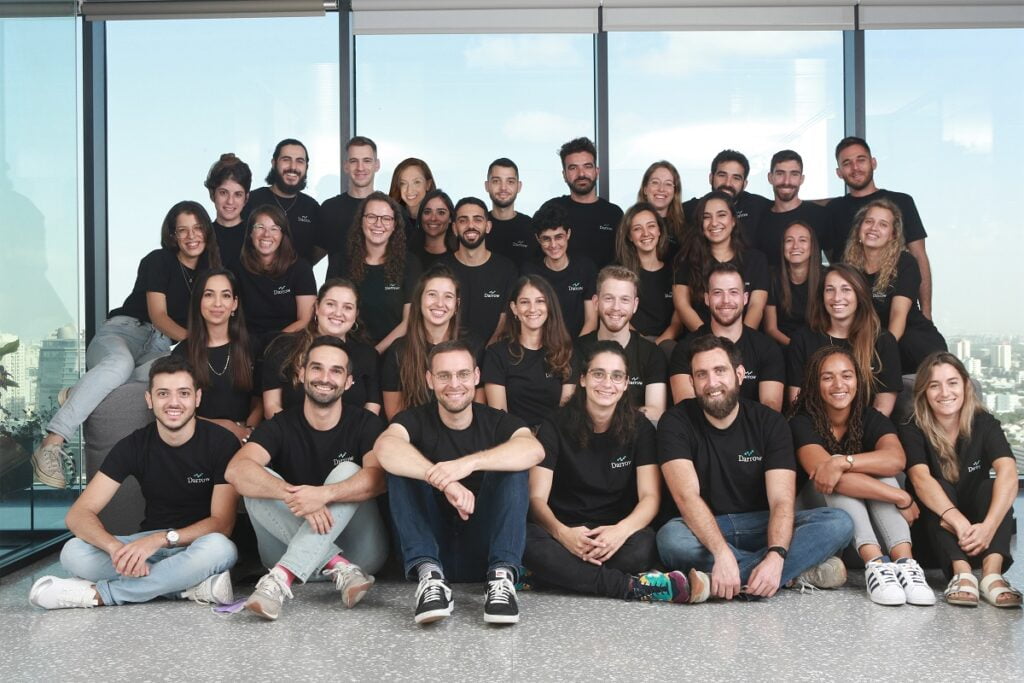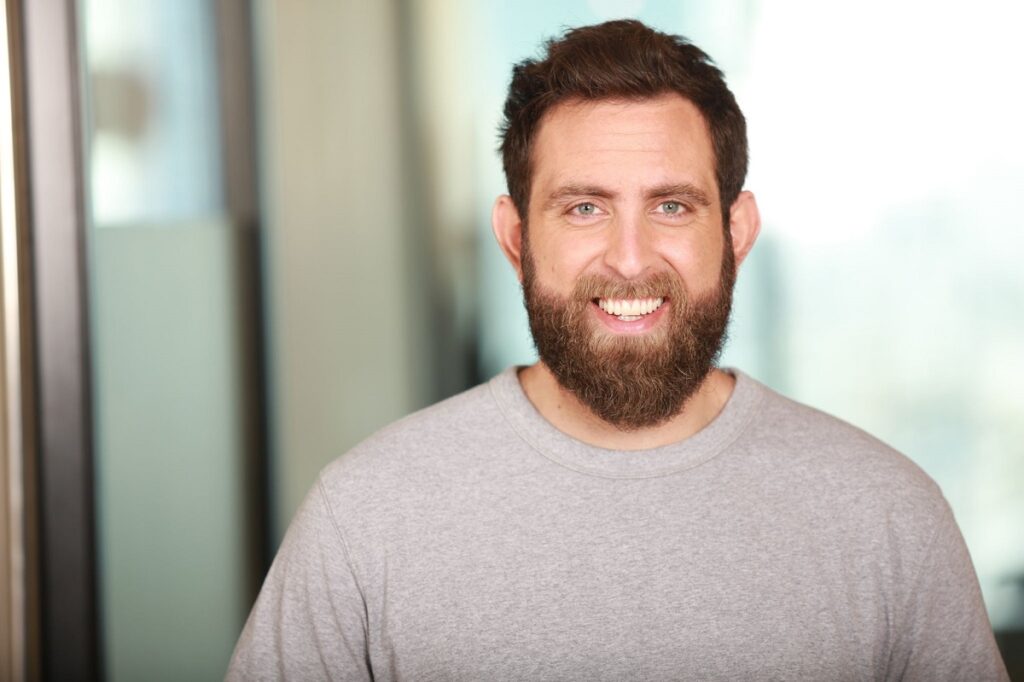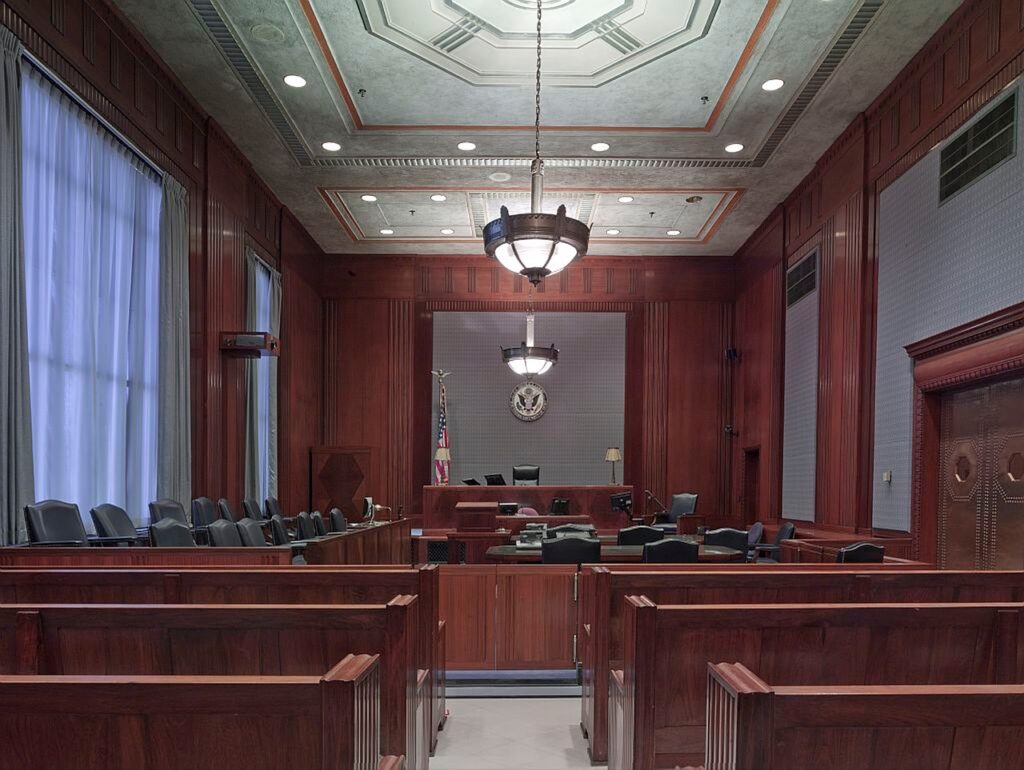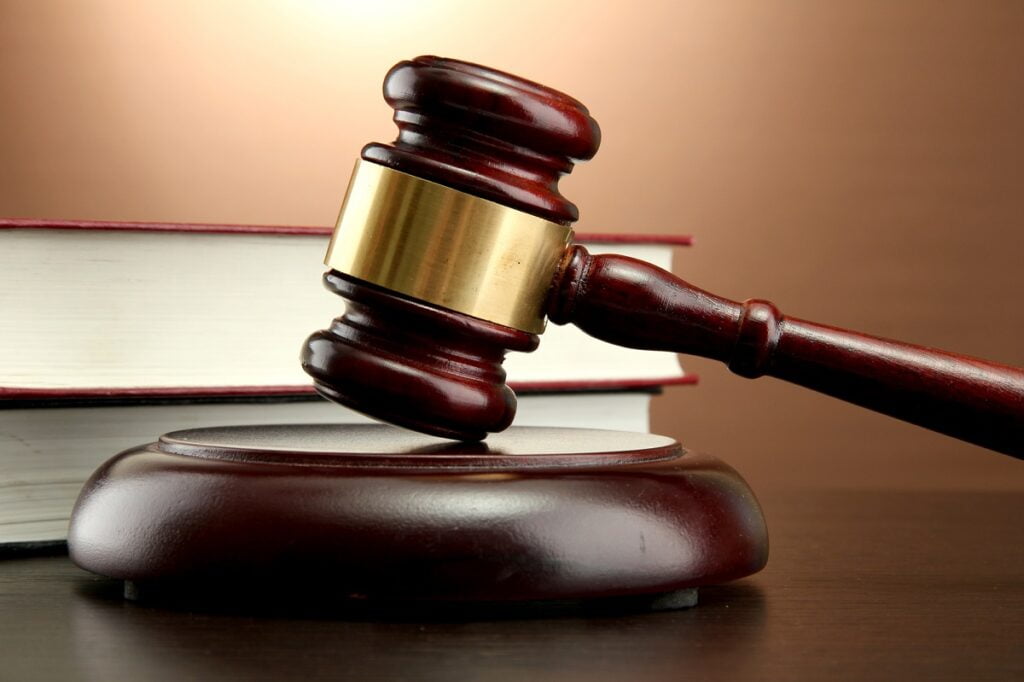When Hebrew University law students Evyatar Ben Artzi and Elad Spiegelman worked together as judicial law clerks for Israeli Supreme Court justice Uzi Vogelman, they became frustrated with the high level of “friction” they saw in the judicial system, as most of the cases were being dismissed due to lack of merit. Meanwhile, outside the courtroom, the two got the sense that millions of legal violations were being committed everyday and were going undetected. Privacy breaches, consumer fraud, air pollution, and overcharges were just a few of the many breaches.
“Most people don’t even know that they were the victims of a violation. We saw that in the Supreme Court and decided to leave and thought maybe we’d start an NGO,” Ben Artzi tells NoCamels.
Instead, they met Gila Hayat, a data scientist who had finished her extended IDF military service in the elite Israeli Intelligence Corps Unit 8200, who told the pair that while there are many entities breaking the law, information overload on the web does not make it possible to locate the violations and enforce the law.

“She taught us that this was a problem of intelligence gathering. Attorneys were looking for these cases, but they were just not finding them,” adds Ben Artzi, “So we had a client now. We understood it wasn’t only about people not getting justice, it was also about attorneys trying to fulfill their obligation to society — being the ones who find out when wrong happens and bringing justice to life.”
Ben Artzi, Spiegelman, and Hayat, now CEO, COO, and CTO, respectively, founded Darrow.ai in January 2020 as a platform that discovers legal violations using AI and machine learning by mining through claims and matching them with the appropriate attorney or legal professional. The company focuses mainly on locating violations by corporations and operates chiefly in the US.
“Our mission is to fix the legal world through intelligence and artificial intelligence. We are developing artificial intelligence that will detect negligence for class action lawsuits, ” Hayat said when she was featured on Israel’s most recent Forbes 30 Under 30 list.
“We teach a machine how to read the law,” adds Ben Artzi, “What the machine basically does…is detects harmful events that happen in real world data. We use data from all different sources on the web. We connect the legal dots and determine how many people were harmed. We then match the case with an experienced firm, we predict the legal outcome, and assess the financial value of the case right now. That allows attorneys to prioritize between cases and decide on the best ones for them.”
Using relevant data points from across the web, the Darrow team discovers potentially harmful events by extracting factual patterns in legal databases. Then, they compare the events to the patterns.
Sign up for our free weekly newsletter
Subscribe
“That allows you to really know, okay, this event happened. But it also has legal meaning. We assign that legal meaning to every real world event,” says Ben Artzi. “And of course, we’re not looking for this like smoking gun, where a news article says something bad has happened. We’re puzzling together pieces to make it so that there’s one coherent story that comes out of different obscure data points that you wouldn’t think are relevant.”
Though it has a legal focus, Ben Artzi is quick to assert that Darrow is not a legal tech firm. While legal tech startups tend to find technological solutions aimed at changing the traditional way in which legal services are delivered, Darrow develops technologies that look to solve the fundamental issues preventing justice. That’s why they call themselves a justice intelligence platform.
“We’re trying to pioneer a new era where you can’t avoid paying a price for some kind of injustice that you created. I think a lot of corporations today are in the position where they don’t want to do wrong. But sometimes they do wrong. And I think the way to change that is to create that data revolution on the last vital institution that hasn’t been democratized yet. And that’s the justice system. We’re trying to make the violation data available to everyone. So that unites this community of justice around a single source of truth — that’s the partnership we’re trying to create here,” Ben Artzi explains.

According to Ben Artzi, violations that often go undetected include cases where people provide their private information to a corporation, sometimes without even knowing it, or air, water, and land pollution where companies create problems in the environment or cause people to get sick. These problems often go undetected until someone finds out and does something about it. There are also antitrust violations where companies coordinate between themselves to become anticompetitive and eventually form monopolies or cartels, or fraud in the consumer or securities space.
“Once we understood that every violation leaves a data trail, and that it’s impossible to find the data trail, we decided to do something about it. We looked for lawyers that were spending too many resources on sourcing good cases and we built a platform for them,” says Ben Artzi.
And then there’s the bigger question. Will righting the wrongs change the system?
“I think it is changing the world,” Ben Artzi affirms, “I think something that happened to us along the way was that we understood that there must be a social cause that couples with business success, and it’s not something that you should decouple sometimes. I think that question is not asked in some of the interviews I go on, and it comes from this uncoupling of capital and social value. I think that even the justice system does this sometimes, where as lawyers you’re taught to stay away from this capital issue and just do justice. Just see justice. But I think it’s not true, that the system needs to see the financial value of the social wrongs. Injustice has a price.”
Related posts

Editors’ & Readers’ Choice: 10 Favorite NoCamels Articles

Forward Facing: What Does The Future Hold For Israeli High-Tech?

Impact Innovation: Israeli Startups That Could Shape Our Future




Facebook comments